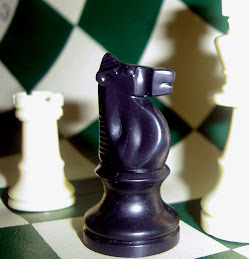
Chess tournament directors run chess tournaments. A TD (tournament director) decides parings (who plays who), maintains a quite, clean playing area, takes the results of each game, and makes sure all rules are followed. Should disagreements arise it is the job of the TD to solve the problem. When the tournament is over the TD calculates the winners, often needing to use tiebreaks. The organizer of the tournament decides the site and date of a tournament; sometimes the organizer is also a tournament director at the event.
True tournament directors are certified by the USCF (United States Chess Federation). There are several levels of certification. A Club level TD is some one that has a USCF rating and meant to director small tournaments of 20 or so players and no tests are required. Local level directors are expected to handle larger tournaments of 100 players. They are required to direct a minimal number of tournaments and pass a test. Senior is the next level, they have similar requirements to the Local TD, but they are much more experienced required to work more tournaments and pass a harder exam.
Associate National and National are the two highest levels of TD certification in the United States. Those holding these titles have had years of experience, passed written exams, and directed tournaments on a national level with large prize funds and as many as 1,000 players. Like all tournament directors certified by the USCF they are held to a code of ethics.


